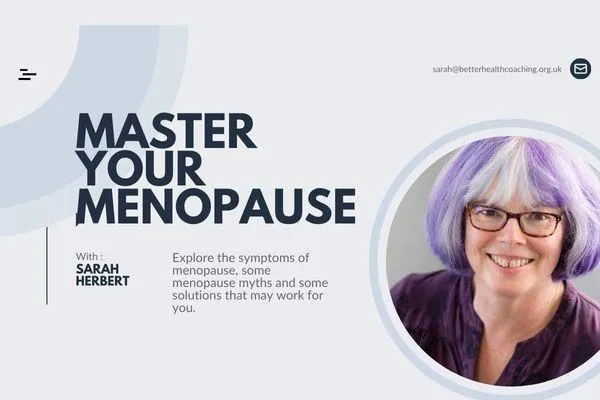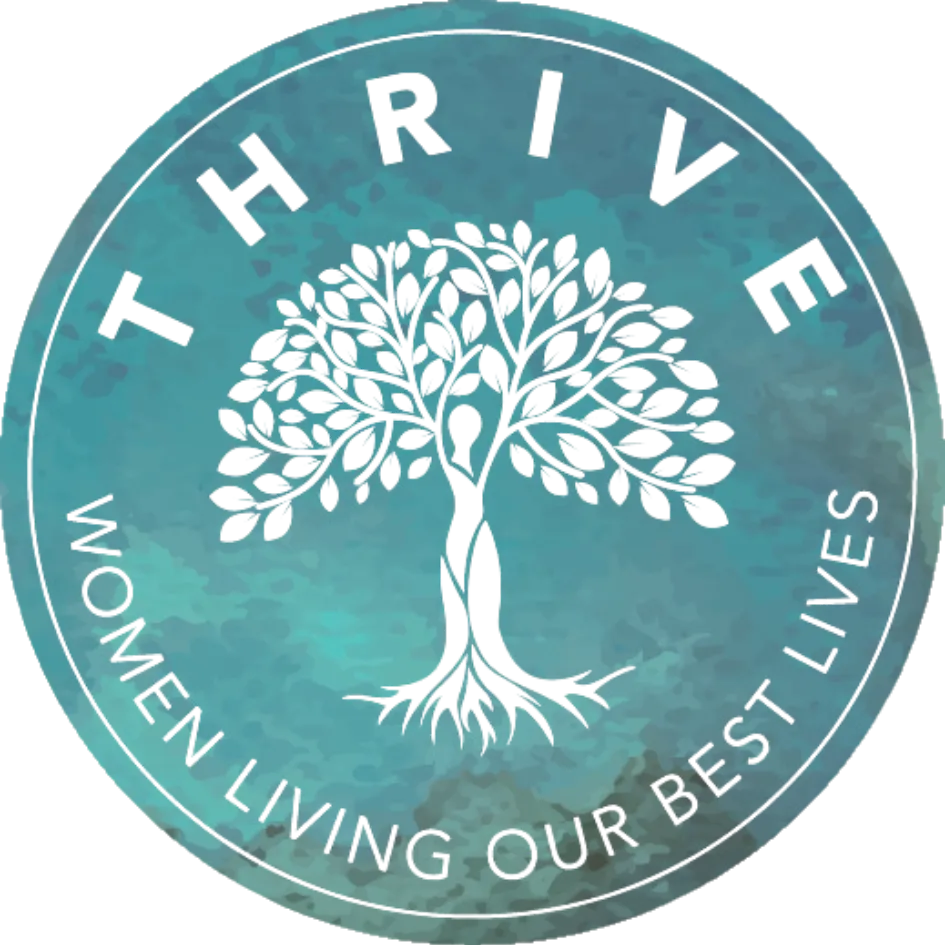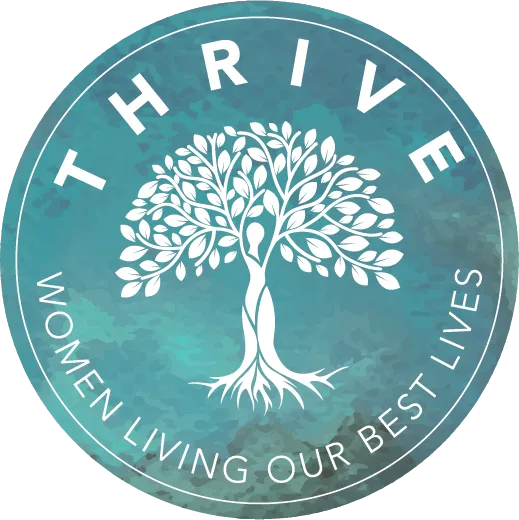
Master your Menopause
Let's explore the common and not so common symptoms of menopause, some menopause myths and some solutions that may work for you.
All women who live long enough will go through menopause. This is the time when our ovaries stop producing hormones so we stop getting periods. Perimenopause is the time leading up to the last period when hormones and periods go rather haywire! Symptoms can be experienced at this time as well as for years after the last period. The hormonal changes leading up to your last period (perimenopause) can go on for about 5 years…but you’ll only know when this started for you when you look back.
So, what are the symptoms women may experience due to menopause? Pretty much everyone knows about hot flushes and night sweats, however not all women have these and there are many other symptoms, such as:
Sleep disturbances
Skin itching and dryness
Dry eyes
Dry mouth, burning mouth
Dry vagina and vaginal/vulval pain
Urinary tract infections
Mood problems, irritability and rage
Brain fog and memory difficulties
Low energy, fatigue
Loss of motivation
Loss of joy
Low libido
Weight gain
Muscle tension and joint pain (especially shoulders and hips)
Headaches and worsening migraines
Breast pain
Pins and needles
Cold flashes
Digestive difficulties
Dizziness
Palpitations
Anxiety
And many more…
Myth 1
Once you are post menopausal (you had your last period over a year ago) then your symptoms will stop and you’ll be over the worst.
Truth: many women go on experiencing symptoms 10+ years after their last period. Symptoms can change and might become less severe over time but those hormones are never coming back.
Myth 2:
Only middle aged women go through menopause
Truth: The average age of our last period is 50, however it can occur many years earlier (even in very young women) or a few years later. Menopause can also happen as a result of having the ovaries removed or from treatments such as chemotherapy. Menopause before age 45 is considered premature menopause. Menopause in very young women (even teenagers) can happen as a result of premature ovarian insufficiency. You are never ‘too young’ for menopause.
Myth 3:
Menopause is a sign of ageing and decline.
Truth: Menopause is a natural and non-optional transition. It can occur in young women as well as women in their 40’s and 50’s. We now commonly live a third of our life after menopause. It may be more helpful to think of this time as entering a new stage of life. Many women find they become more confident and empowered to be their authentic self…if they have the right support.
Myth 4:
I just have to tough it out until the symptoms are over.
Truth: There are many effective medical and lifestyle treatments to reduce difficult symptoms and health risks. Every woman will need their own unique blend of medical and lifestyle solutions to feel healthy and happy at this time.
Myth 5:
My grand/mother sailed through menopause. Modern women are making an unnecessary fuss.
Truth: Many women who report ‘sailing’ through menopause are unaware of the range of symptoms that might be explained by menopause. I know of an 81 year old woman who reported experiencing only a few hot flushes in her 40s and thought that she’d had an easy menopause. After learning more about menopause and getting the right treatment for her, she resolved years of muscle pain, anxiety and insomnia that she had explained in other ways.
Myth 6:
Hormone treatments are dangerous and taking supplements is a safer, more natural approach.
Truth: Modern hormone therapies are identical to the hormones your body made when you were young, they are ‘body identical’ (not bio-idential). In this sense they are absolutely ‘natural’ even though you need a prescription. They have a great safety record and are safe for the vast majority of women. They also reduce the risk of osteoporosis and some other diseases of later life. Supplements can be helpful, however the supplement industry is unregulated and sometimes supplements can be positively dangerous. They often contain unpredictable doses of active ingredients and may contain fillers or microorganisms that are dangerous to health. Anything with a menopause ‘badge’ is likely to be overpriced and contain cheap ingredients that are poorly absorbed. Always get good advice when choosing supplements to avoid wasting money or putting your health at risk.
So, what might help you to manage your symptoms?
Sleep is a common challenge. Simple solutions include:
Make sure your bed is comfortable, you may need a softer more supportive mattress as you age. You can even get mattresses that help to control your body temperature!
Try to stick to a bedtime routine, reduce light exposure, spend time winding down and offloading the stresses of the day.
Avoid eating big meals too close to bedtime.
Avoid caffeine after lunch.
Avoid that tempting glass of wine in the evening.
Try taking a good quality magnesium bisglycinate in the evening
Vaginal dryness and painful sex or smear tests are also common:
Try some topical oestrogen (a tiny dose put directly into the vagina and sometimes onto the vulva. This is even prescribed to women who have had breast cancer). You can get this over the counter in the UK (ask for Gina) or on prescription from your GP.
Try vaginal moisturisers. ‘Yes’ is a good brand that makes moisturisers and lubes.
Make sure to use lube with any penetration to reduce friction damage to your delicate tissues. Choose your lube with care. Sutil and Yes are good brands.
Use non-drying wash or emollient like epaderm to wash your vulva.
Low energy and fatigue occur frequently in menopause and can be debilitating even if you sleep well.
Try and do some movement every day. If you can walk, walk a bit more. If you can walk a bit more, walk a bit faster. Build up your steps gradually.
Consider how healthy your eating is. It’s easy to fall into eating less well when energy levels are low but this can make us feel worse. Try to increase your intake of vegetables and high quality protein and avoid sugary foods that might create a temporary burst of energy but leave you feeling worse later.
Consider your stress levels and mood and the impact they have on your energy. Do you need to take time out or consider your priorities? Would it help to talk this through with someone?
Try a good quality vitamin D3 and K2 as low vitamin D can cause fatigue and is common in the UK.
Every woman experiences a unique menopause. Symptoms are highly variable and so what works will vary too. For the vast majority hormone therapy is an excellent treatment and may help to resolve many of the symptoms you are experiencing. It can also offer great protection against some diseases of later life. However, we all want to invest in our health and wellbeing as much as possible and some wise lifestyle changes in midlife can make a great deal of difference to how we feel now and how well we age. If you are struggling to know what to do or just to get started you will benefit from some 1-1 support. Take a look at the Menopause Mastery Support Package and get in touch to find out more: [email protected]
Join the Thrive Hub and get access to 20% off a three month menopause mastery support package usually £590
Work with me to find your individual recipe for mastering your menopause. 1-1 online sessions are a blend of learning about menopause and finding solutions that work for you.
Menopause can be a turbulent time for many women. We may experience sleep and mood difficulties, fatigue, pain, weight gain, skin problems, brain fog, vaginal or urinary difficulties, loss of libido and much more. Each of us has a unique menopause and so we need unique solutions.
Work with me to find your individual recipe for mastering your menopause, whether you are perimenopausal, or haven’t had a period in years, I can support you to find solutions that will help you feel yourself again. Each 1-1 online session is a blend of learning about menopause and finding solutions that work for you.



